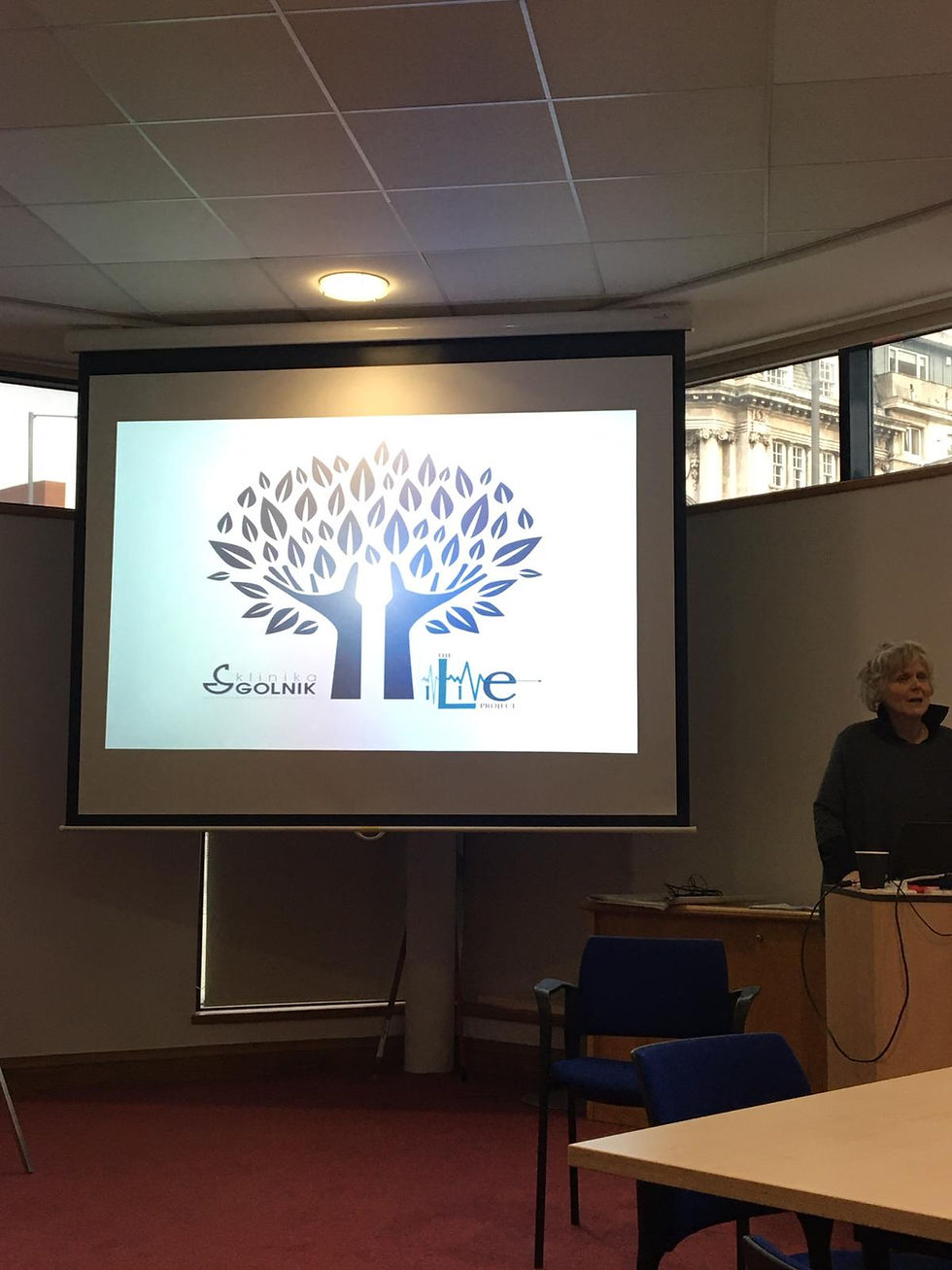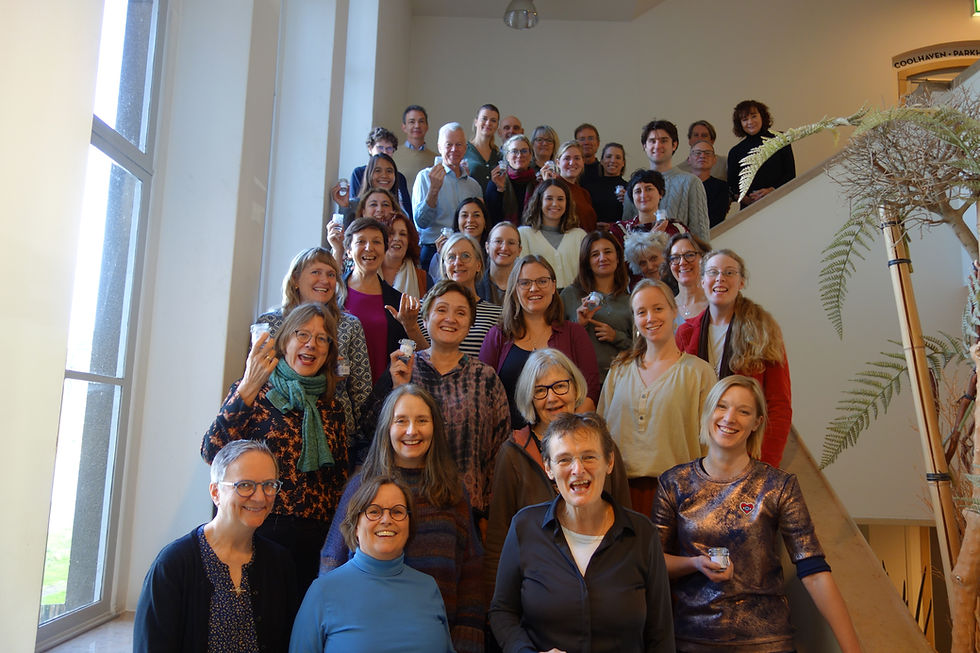Liverpool hosts the training session for the coordinators of the volunteer program
- iLIVE Project

- Feb 3, 2020
- 3 min read
Updated: Sep 7, 2020

Imagine being in a hospital room, in a terminal phase of a disease. And then the door to your room opens and a volunteer walks in to see how he or she may help you and your relatives to cope with the situation. What would be the desired next steps after this initial moment? Would this situation be truly helpful? How should this interaction be? And what kind of strategies would work best?
Trying to answer all this questions is one of the objectives of Work Package 3 (WP3) in the iLIVE Project. The Volunteers Study will create teams of specially trained people and set them to work on wards in acute hospitals to measure how the existence of this kind of service can impact the experience of care for patients and relatives. In this past few days the Palliative Care Institute in Liverpool, the leading center for WP3, hosted a training for the coordinators and trainers from each country, as part of the ten steps model being used to implement the program.
This training is listed as Step 3 and marks the end of Phase 1 of the plan. In this stage the recruitment has already began, after creating the necessary structures in the organizations. The role of the future volunteers has been defined as well as the services that will include them and the roles that this team will have within the organization of the center.
The recruitment process is still open, in any case, and will not close until April. The training of the volunteers will take place between April and June. The documentation for this training has been translated to be used by the different teams. The service will start to be piloted in July and will continue until December of 2021 to be assessed for the study. Then it will be decided if this service is included on a continuous basis into hospital structures.

Training
The training in Liverpool has followed a three days program that has covered the main aspects of the future work in the centers. Such as organizational procedures and formats to teach the volunteers. Also, some examples has been presented to help the new teams, such as the work being implemented in the Royal Hospital of Liverpool, a work lead form the Palliative Care Institute.
The program also included other aspects to deal with special situations, such as difficult deaths or the importance of spirituality in the process. The training has combined practice and theory with workshops and the exposition of cases to help understand the procedures. The training of the recruits will be the next step in each center.

Improving the existing services
In fact, working with volunteers is an important part of the daily routine for some of the institutions and hospitals taking part in the iLIVE Project. So this initiative will also help them to improve their existing services. The most important part of this work is to standardize the procedure to recruit and train this teams of volunteers so this kind of service can be exported safely to other locations, and to monitor its activity.
The centers taking part in this WP are the Erasmus University Medical Center (Netherlands), University Clinic Golnik (Slovenia), Cudeca Hospice Foundation (Spain), University of Bergen (Norway), University of Humanistic Studies (Netherlands) and the University of Liverpool (United Kingdom), that is leading this effort under the work of professor John Ellershaw.







Comments